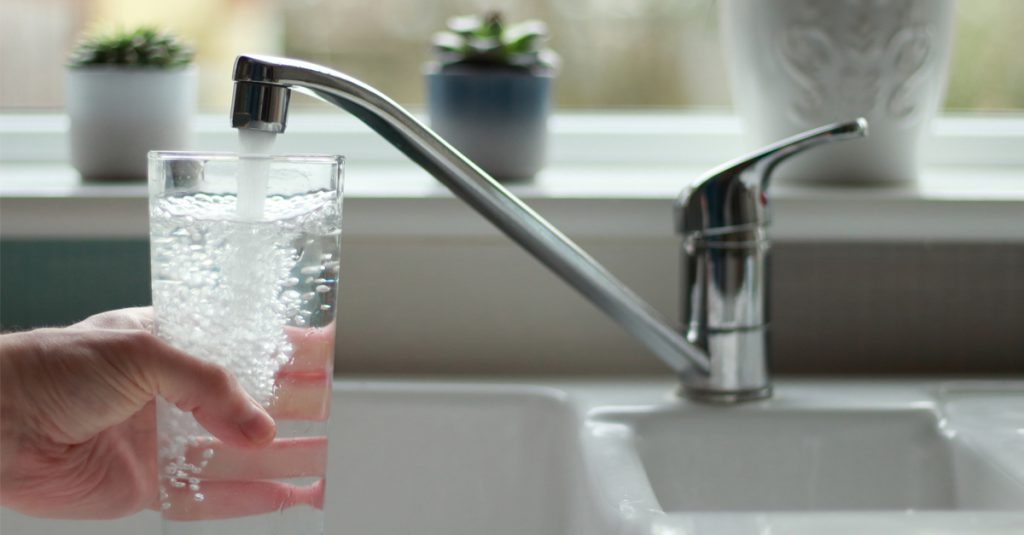
Ever wonder why the water that you drink has a different taste? Yes, water has different flavors, and it is defined by both the human body and the water source. Depending on where the drinking water comes from, there are a lot of issues you have to be aware of especially if you are drinking straight from a contaminated water source.
Obviously, water can be contaminated in many ways physical, chemical, biological, or radiological. The physical properties of water can be impacted by physical contaminants such as sediment or organic materials that are suspended in lake waters, rivers, and streams from soil erosion. Metals, toxins, bacteria, viruses, and parasites are also in contaminated water. Particularly, lots of things that cannot be seen by the naked eye are present in water and they may be dangerous to a human’s body especially if consumed at certain levels.
In fact, the unpleasant odor, taste, and appearance of your drinking water are signs of impurities and are brought by the mentioned contaminants. Specifically, the different tastes of tap water or any drinking water have several causes.
What Do Different Water Tastes Mean?
General knowledge, your drinking water’s taste depends on where it comes from. The minerals and other compounds that the water picks up on its way determine its flavor. For example, as tap water comes from the lakes, rivers, and groundwater, it flows through the ground and naturally picks up a variety of soluble materials that subtly contribute to its taste.

Fishy, earthy, dirty, moldy, musty
Likely, the reason for the earthy and moldy taste in water is the algae bloom in the water source, and apparently, this is due to the season of spring when blooms are plenty. Another, the earthy and moldy taste in water could be due to bacterial growth within the water system. Particularly, several types of bacteria and algae are normally from lakes, rivers, and reservoirs that naturally produce substances that result in this kind of taste or odor to the water. Also, some of these organisms can grow inside the water taps of your homes.
Chlorine
Tasting chlorine in tap water is common as many water systems use chlorine to disinfect their water supply. Particularly, using chlorine as a disinfectant is less expensive than any other alternatives such as ozonation which is the process of using ozone to disinfect tap water.
Medicinal Taste (Bitter)
A bitter or medicinal taste in the tap water is usually from the corrosion of copper plumbing. This taste can come from a higher-than-normal level of total dissolved solids or TDS which are dissolved minerals in the water. Mostly, TDS can cause a medicinal taste as it consists of sodium sulfate and magnesium sulfate.
Metallic
Because of higher levels of metals, the water that comes out of your faucet could taste metallic. As metals such as zinc, iron, mercury, lead, copper, arsenic, and manganese go through your house pipes, the tap water gets contaminated therefore resulting in a metallic taste.
Salty
Tap water that tastes salty is a result of saltwater getting into the drinking water supply. By this, it is possible that there is a leak from a saltwater system which causes the sudden increase in the saltiness of the water. Most commonly, the cause of a salty taste in tap water is an elevated concentration of chloride ions. As chloride compounds naturally occur in water, high concentrations of this can cause a salty taste and will increase corrosion of plumbing.
Sulfur and Rotten Egg
This taste suggests that your tap water has hydrogen sulfide that naturally occurs in water systems due to the decaying of organic material. Often, it is caused by various bacteria in the water system.
Obviously, drinking contaminated water can badly affect your health. In fact, according to the World Health Organization, contaminated drinking water can transmit diseases such as diarrhea, cholera, dysentery, typhoid, and polio.
Additionally, the pathogen Cryptosporidium may get into water supplies and it could be fatal as it can cause gastrointestinal diseases. While nitrates can contaminate water and can be an immediate threat to infants and children as these get converted to nitrites which prevent blood from transporting oxygen which is rather deadly. Also, lead can cause both physical and mental developmental problems in children and infants. Similarly, adults who drink lead water for a huge number of years may have kidney problems and high blood pressure.
And although people believe that boiling contaminated water would make it safe to drink, it actually depends on the contaminant. Boiling contaminated water can kill germs but things like lead, nitrates, and pesticides are impossible to be removed. It just increases the concentration of these contaminants since boiling reduces the water volume.
The best solution is to opt for water purifiers that have an effective filtration system. Basically, there are many kinds of water filters such as activated carbon filters, ion exchange filters, sequestration filters, and reverse osmosis filters.
COOLA’s Water Purifier has an advanced and efficient US technology Reverse Osmosis filter that terminates around 0.0001 microns resulting in removing 99.99% bacteria in your water. Its 4-stage filtration process of High-Quality PP Cotton Filter, Active Carbon Filter Element, Composite Filter Element, and Reverse Osmosis Filter guarantees safe and clean drinking water as it effectively removes pollutants such as heavy metals, bacteria, and other organic materials in your water.
Contact COOLA now to find out how you can guarantee your family’s drinking water safety!



